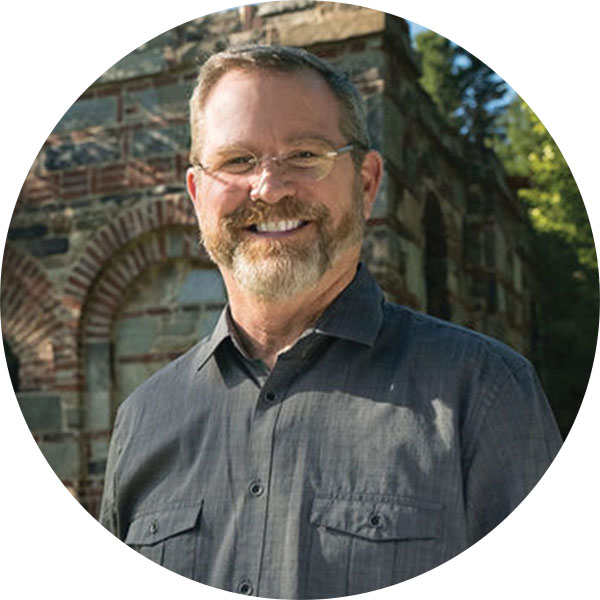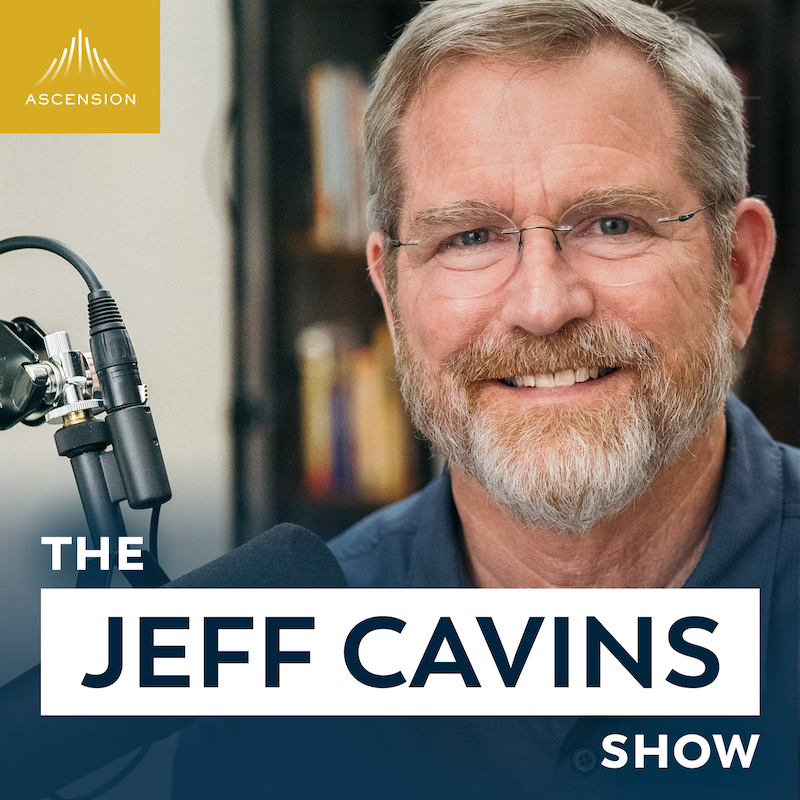How are lay people called to serve the Lord? In this episode, Jeff dives into answering this question by walking through some of the wisdom from St. John Paul II’s document Christifideles Laici.
Snippet from the Show
We are all called to work in the Lord’s vineyard.
Shownotes
“
Much of what Jeff shares in today’s episode comes directly from St. John Paul’s document: Christifideles Laic, paragraphs 1-17. In the shownotes below, the paragraph numbers correspond to the paragraphs in Christifideles Laici. To access the full document, go here.
Paragraph One
“After agreeing with the laborers for a denarius a day, he sent them into his vineyard” (Mt 20:1-2).
The gospel parable sets before our eyes the Lord’s vast vineyard and the multitude of persons, both women, and men, who are called and sent forth by him to labor in it. The vineyard is the whole world (cf. Mt 13:38), which is to be transformed according to the plan of God in view of the final coming of the Kingdom of God.
Paragraph Two
The laity is sent out into the world as “the universal sacrament of salvation.”
Saint Gregory the Great recalls this fact and comments on the parable of the laborers in the vineyard: “Keep watch over your manner of life, dear people, and make sure that you are indeed the Lord’s laborers. Each person should take into account what he does and consider if he is laboring in the vineyard of the Lord”
The Lord worked with his followers. He sends them into every town and place where he himself is to come (cf. Lk 10:1)”
Paragraph Three
Lack of commitment is always unacceptable when it comes to being a witness and the present time renders it even more so. It is not permissible for anyone to remain idle.
We continue in our reading of the gospel parable: “And about the eleventh hour he went out and found others standing; and he said to them, ‘Why do you stand here idle all day?’. They said to him, ‘Because no one has hired us. He said to them, ‘You go into the vineyard too’“(Mt_ 20:6-7).
Paragraph Four
It is necessary, then, to keep a watchful eye on this world, with its problems and values, its unrest and hopes, its defeats and triumphs: a world whose economic, social, political, and cultural affairs pose problems and grave difficulties. This, then, is the vineyard; this is the field in which the faithful are called to fulfill their mission. Jesus wants them, as he wants all his disciples, to be the “salt of the earth” and the “light of the world” (cf. _Mt_ 5:13-14). But what is the actual state of affairs of the “earth” and the “world”, for which Christians ought to be “salt” and “light”?
Paragraph Five
We furthermore call to mind the violations to which the human person is subjected. When the individual is not recognized and loved in the person’s dignity as the living image of God (cf. Gen1:26), the human being is exposed to more humiliating and degrading forms of “manipulation”, that most assuredly reduce the individual to slavery to those who are stronger. “Those who are stronger” can take a variety of names: an ideology; economic power, political and inhumane systems, scientific technocracy, or the intrusiveness of the mass media.
Paragraph Six
Once again, but with proportions enormously widespread, diverse sectors of humanity today, wishing to show their “omnipotence”, renew the futile experience of constructing the “Tower of Babel” (cf. Gen 11:1-9), which spreads confusion, struggle, disintegration, and oppression. The human family is thus in itself dramatically convulsed and wounded.
Paragraph Seven
The Church knows that she is sent forth by him as a “sign and instrument of intimate union with God and of the unity of all the human race”
Paragraph Nine
Through Baptism the lay faithful are made one body with Christ and are established among the People of God. They are in their own way made sharers in the priestly, prophetic, and kingly office of Christ. They carry out their own part in the mission of the whole Christian people with respect to the Church and the world.”
Pius XII once stated: “The Faithful, more precisely the lay faithful, find themselves on the front lines of the Church’s life; for them, the Church is the animating principle for human society.
Paragraph Ten
It is no exaggeration to say that the entire existence of the lay faithful has as its purpose to lead a person to a knowledge of the radical newness of the Christian life that comes from Baptism.
Paragraph Thirteen
The Holy Spirit “anoints” the baptized, sealing each with an indelible character (cf. 2 Cor 1:21-22), and constituting each as a spiritual temple, that is, he fills this temple with the holy presence of God as a result of each person’s being united and likened to Jesus Christ.
Because the Holy Spirit anoints us, we can repeat in an individual way the words of Jesus: “The Spirit of the Lord is upon me, because he has anointed me to preach good news to the poor. He has sent me to proclaim release to captives and recovering of sight to the blind, to set at liberty those who are oppressed, to proclaim the acceptable year of the Lord” (Lk 4:18-19; cf. Is61:1-2). Thus, with the outpouring of the Holy Spirit in Baptism and Confirmation, the baptized share in the same exact mission of Jesus as the Christ, the Savior.
Paragraph Fourteen
Referring to the baptized as “newborn babes”, the apostle Peter writes: “Come to him, to that living stone, rejected by men but in God’s sight chosen and precious; and like living stones be yourselves built into a spiritual house, to be a holy priesthood to offer spiritual sacrifices acceptable to God through Jesus Christ … you are a chosen race, a royal priesthood, a holy nation, God’s own people, that you may declare the wonderful deeds of him who called you out of darkness into his marvelous light” (1Pt 2:4-5, 9).
Resources
- Email us at thejeffcavinsshow@ascensionpress.com
- Text “jeffcavins” to 33-777 to subscribe and get added to Jeff’s shownotes email list
- New Podcast from Fr. Mark-Mary Ames, CFR: The Rosary in a Year
- Visit Jeff’s website at www.jeffcavins.com
- The Great Adventure Bible
- Listen to The Bible in a Year (with Fr. Mike Schmitz)
- Pilgrimages with Jeff
- Jeff’s Daily Gospel Reflections with Jonathan Roumie: www.hallow.com/jeffcavins
Ascension is pleased to offer our new and improved online bible study programs and sacramental preparation programs digitally to help you minister with flexibility. Go to ascensionpress.com to view all our offerings.

Meet Your Host: Jeff Cavins
Jeff Cavins is passionate about helping people understand Scripture and become disciples of Jesus Christ. Though he was born Catholic, Jeff went to Bible school and served as a protestant minister for twelve years before reverting to the Catholic Faith. Jeff then received his MA in Theology from Franciscan University of Steubenville. Since then, he has become a leading Catholic evangelist and author.
Jeff created The Bible Timeline learning system, which revolutionized Catholic Bible Study for millions of Catholics. Since its introduction, Jeff has developed The Great Adventure series of Bible studies to help people better understand Sacred Scripture and its meaning for their lives.





Love your show and looking forward for next weeks episode. God bless
Love your shows Jeff. You always motivate me.
God bless you. Keep up your great work🙏🙏🙏